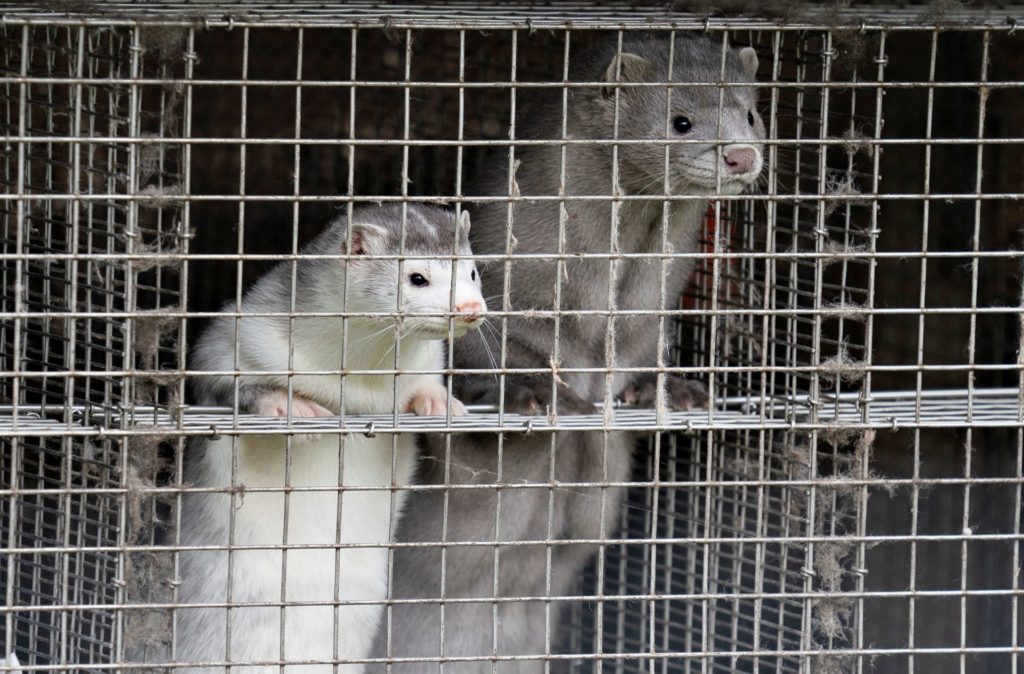The 14,000 or so residents of the town of Ravels in Antwerp province are not particularly concerned about the presence in the area of a mink farm with 19,000 animals, despite evidence that the animal is able to transfer a mutation of the SARS-CoV-2 coronavirus on to humans.
In Denmark this week, prime minister Mette Frederiksen announced that the country’s mink population of 17 million would be gassed to death, after 12 humans were infected by the mutant virus, caught from mink.
Closer to Ravels, 44 mink farms in the Dutch province of North Brabant which borders Ravels municipality, were closed earlier in the year after workers had become infected. On that occasion more than one million animals were destroyed.
The population of Ravels mink exceeds the human population of the commune, but mayor Walter Luyten sees little evidence of concern.
“We’ve had a few questions from residents, but not many,” said Luyten.
“As a municipality, we already contacted both the governor and the [Federal Food Safety Agency] FAVV a few months ago. The mink farm was given guidelines that the breeder must adhere to. The company is cut off from the outside world and employees must follow certain rules.”
The Dutch government has issued advice to residents of areas where there are mink farms – North Brabant, Gelderland and Limburg (another border with Belgium).
Persons who have contact with infected mink are at higher risk of becoming infected with SARS-CoV-2, the government said. The Dutch Outbreak Management Team says the risk for local residents is negligible. No virus was found in air samples taken outside the stalls.
“A comparison has also been made with virus particles found in COVID-19 patients in the vicinity of the infected mink farms. This shows that the virus found in these patients does not come from the mink farms.”
In Denmark, meanwhile, 214 people have been infected with the mutated version of the coronavirus since June, the government said.
“It is very, very serious,” prime minister Frederiksen said. “We have a great responsibility towards our own population, but with the mutation that has now been found, we have an even greater responsibility to the rest of the world as well. The mutated virus in minks could have devastating consequences worldwide.”
Alan Hope
The Brussels Times

